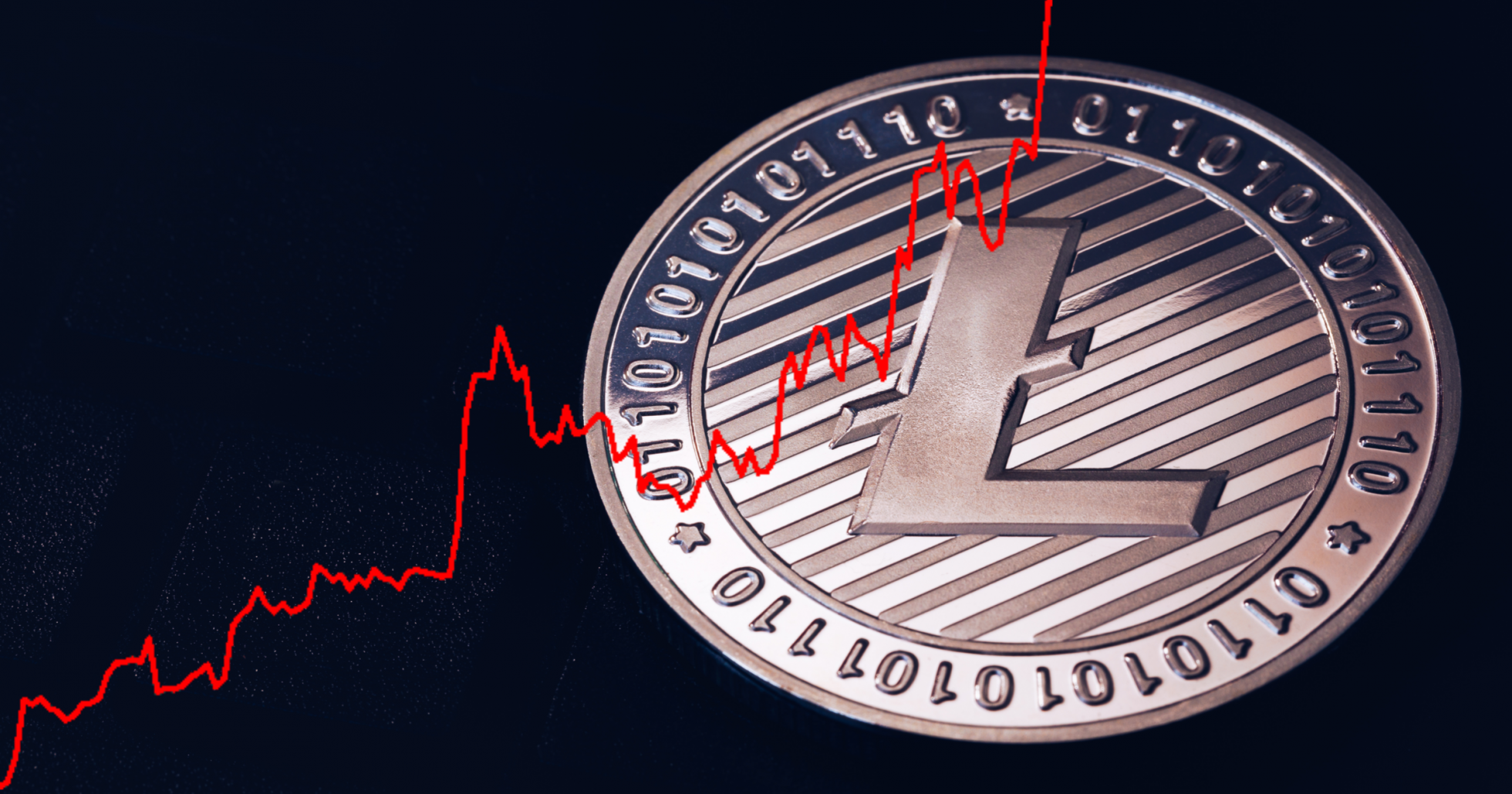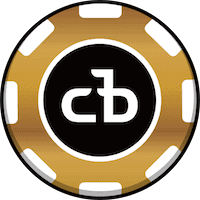For trading on the exchange to be successful, you must have a sufficient amount of knowledge. It will help to avoid stupid mistakes and minimize the risks of losing money.
We are not talking about visiting specialized educational institutions and obtaining a diploma in economics and finance. To get started, it is enough to delve into the topic well and form an objective understanding of the stock market and what you need to trade.
We offer you to get acquainted with the basic concepts that are vital for beginners in trading.

Trading is analyzing the market situation and concluding trade transactions
Trading is an activity that anyone can do to enter into trade deals and earn a substantial amount of funds. This kind of activity is carried out by people on stock exchanges, which are of different types. Every person who takes part in such work is called a trader. Most often, participants in exchange trading are not only people who make large investments but also know how to analyze the market situation and make accurate financial and economic forecasts.
Who is a trader
Most believe that a trader is a person who trades valuable assets on international exchanges. In part, this is true. But you should not forget that a trader is, first of all, an expert in the world of finance. He/she is at the same time:
- an entrepreneur who invests in his/her future;
- an analyst who can foresee the development of the international economy;
- a strategist who thinks through and moves many steps forward.
The more you are willing to work, the faster the first results will appear. The profession is difficult and requires dedication.
Types of trading
Beginners need to learn the types of trading (futures trading) before starting to trade. Many beginners make a fatal mistake, trying to use trading principles of different methodologies at the same time. As a result, some trading options begin to contradict each other, and it interferes with the successful receipt of profit from the transaction. Also, different methods of analysis and planning are used for each type of trading.
Scalping
It is the fastest and most aggressive way to trade. The volatility of quotes during the day or week may be low. But within 1-5 minutes of price fluctuations, high percentages can be reached.
Scalpers are those who catch such moments and open orders on the lowest timeframes. This method has one big drawback – high-stress level. But scalping profitability is also high and allows you to increase your deposit faster than other ways.
Medium-term trading
In this case, we are talking about time frames from 1 hour to 1 day. This type of trading does not bring much profit, but it is best suited for beginners.
There are 2 reasons for this: minimal losses in the event of a mistake, the ability to learn how to predict the market, and control emotions. Also, in the event of a sharp reversal of time, there is more opportunity to minimize losses than by scalping.
Trading on long-term time frames
All market participants strive for this type of trading, but only owners of capital in the millions of dollars can afford it. Trading is carried out in time frames of several weeks or months.
At such time intervals, it is easy to predict the situation and foresee changes. However, as a rule, they are not too large. Therefore, to earn money, you need impressive working capital.
How to become a professional
Beginners in trading need to follow the advice of experienced professionals. They have come a long way and know what is important to success. Find out what trading looks like for professionals. We offer 5 recommendations that will allow you to avoid mistakes and achieve outstanding results:
- Military discipline. Having opened an order, you have already chosen a strategy for yourself. Stick to it to the end, whatever the circumstances. The market moves in a circle, sooner or later your perseverance will be rewarded.
- A reasonable size of the transaction. Do not invest more than the amount you are willing to lose. In digital terms, this is no more than 15% of the deposit.
- Limiting losses. Even the most experienced traders make mistakes. It mustn’t damage the deposit. If the situation has followed a different reversal, make sure that the amount of losses does not exceed 1% of the deposit.
- Learn from mistakes. Each problematic situation is your contribution to the school of life. Treat even negative experiences as part of the learning curve. Introspection will prevent you from doing stupid things in the future.
- Patience comes first. You can’t just go and become a top trader. No matter how much money you pay for training, you will not be able to become a Forex assistant in a couple of weeks. It takes years to do this.
- It is important to engage in self-development. Take training, read specialized literature, watch educational films about trading, and do everything to improve your knowledge.
Use these simple tips in your practice, and you can achieve tremendous results and accumulate a decent fortune. Remember, making a dollar is much more difficult than losing a thousand.









